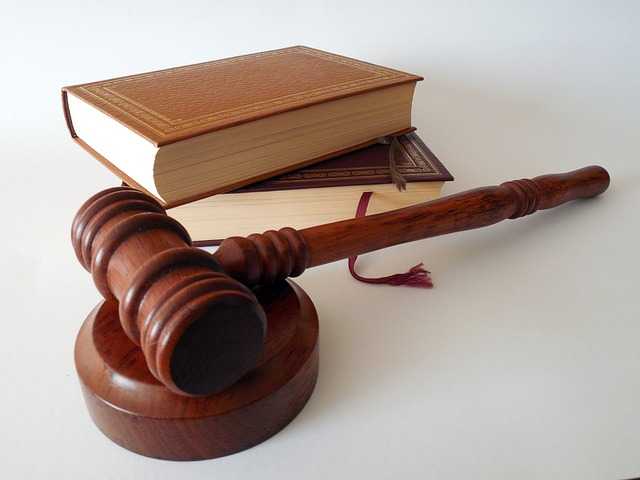Tort law primarily aims to provide relief to parties who experience injury or harm caused by others. It is also a common instrument used to impose liability on the parties responsible for the injury or harm, shifting the burden of loss from the injured party. In the context of tort cases, “injury” describes the invasion of a person’s legal rights, whereas “harm” describes a loss that an individual suffers.
Torts are generally considered civil wrongs and allow injured parties to recover from their losses. As such, the court often awards plaintiffs recovery in the form of monetary compensation or an injunction compelling a party at fault to cease an activity. Distinguishing from crimes and criminal law, Tort law essentially addresses private wrongs and seeks to compensate the victim rather than punish the wrongdoer.
Common Tort Cases
Tort cases frequently occur with sufficient data from 2010 to 2020 to show their constant rise. Intentional torts are injuries or harm that the defendant knew would result from their actions. In contrast, negligent torts are often consequences of unreasonably unsafe actions made by the defendant. For strict liability torts, courts tend to focus on whether or not a particular form of harm was manifested.
Assault and Battery
Despite being charged under criminal law, assault and battery are some of the most common causes of intentional torts. Under the context of Tort law, assault and battery refer to the intentional causation of harm to a person without that person’s consent. In this regard, either a criminal lawyer or a civil attorney is suited to handle these types of cases.
Auto Accidents
According to the World Health Organization, approximately 20 to 50 million people suffer non-fatal injuries from road traffic and auto accidents, often caused by negligence. These accidents can also cause significant economic damages to individuals. As such, the most common task for a car accident attorney is to determine which party is at fault to account for the compensation of damages properly.
Products Liability
These cases refer to the liability of any or all parties involved in the chain of manufacture for damage caused by a particular product. Products that contain inherent defects that cause harm to an individual would be subject to strict liability offenses. Regardless of the defendant’s intent, should a product be proven to have a defect, they will still be held liable for it.
Tort Law in COVID-19

Case filings concerned with Tort law was on a steady increase from 2010 until dropping after the middle of 2019. Legal data experts thought this downtrend would continue into 2020. However, tort lawsuits began rising again, with 4,582 cases filed within the third quarter of the year. Situating the applications of Tort law in the context of a pandemic, the circumstances under which lawsuits will be filed could either be innovative or abusive.
There is the matter of filing conventional suits and unconventional suits regarding COVID-19, which courts should be wary about. Granted that Tort law, at its core, requires liability for wrongdoing, causation, and damages, establishing any of these three principles is not always as easy as it seems.
Conventional Suits
Countless suits for the wrongful exposure of an individual to the coronavirus have already been filed throughout the year. Most of these lawsuits have been targeted towards cruise ship operators, nursing homes, and even entertainment venues, which are often very closed locations. It would be safe to assume that these cases are reasonable in nature.
These kinds of suits can be most associated with negligent torts, wherein the defendant failed to take the necessary preventive measures to mitigate the spread of the virus (wrongdoing), thereby resulting in infection (causation) and eventually hospitalization or even death (damages). As long as these three can be proven, Tort law can be an effective tool to seek compensation and injunction the party at fault.
Another prime example would be deliberately coughing on another person to spread the virus. This could be considered battery as well, which, rare as they might sound, have actually occurred. So long as the victim tests positive for the coronavirus, then causation may be inferred, and the burden of liability will fall on the defendant.
Unconventional Suits
At the other end of the spectrum, cases that sue the manufacturers of masks and other personal protective equipment for the failure of protection against the virus have also been filed in courts. This, and other such unreasonable cases, also relies on Tort law to settle recovery for damages, but establishing causation alone is already a difficult task.
Ultimately, this pandemic continues to push the boundaries of not just Tort law but the legal system in its entirety. Given the uncertain circumstances of the pandemic, legal courses should be diligently followed when they are due. In contrast, lawsuits that are inherently abusive against individuals or parties should be discouraged and even prohibited.

